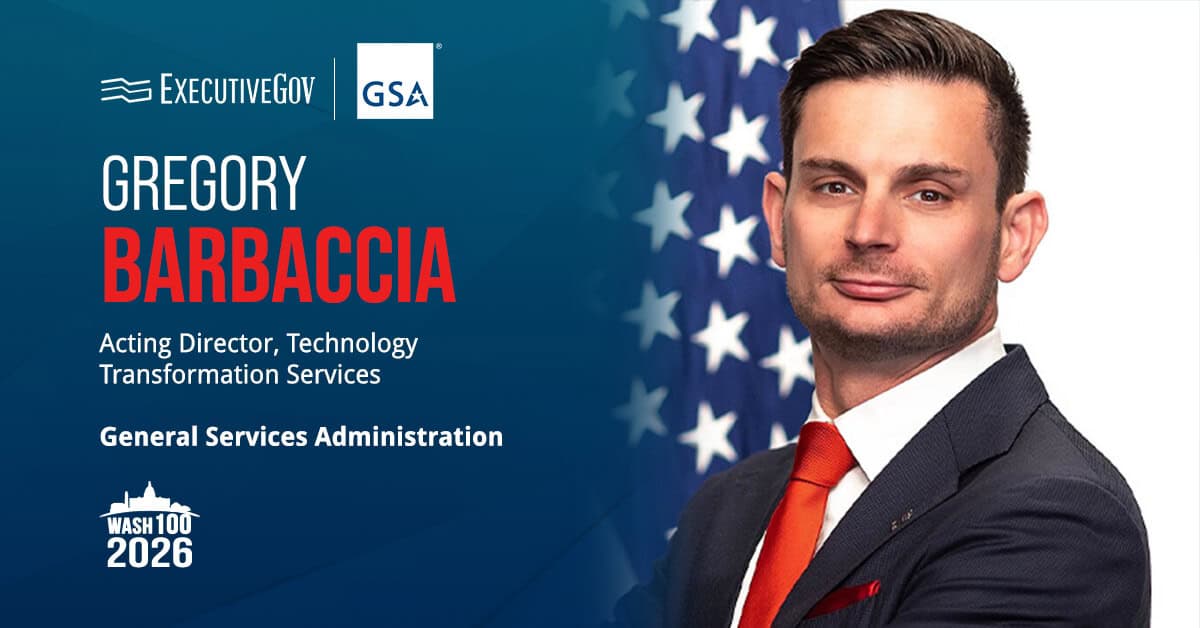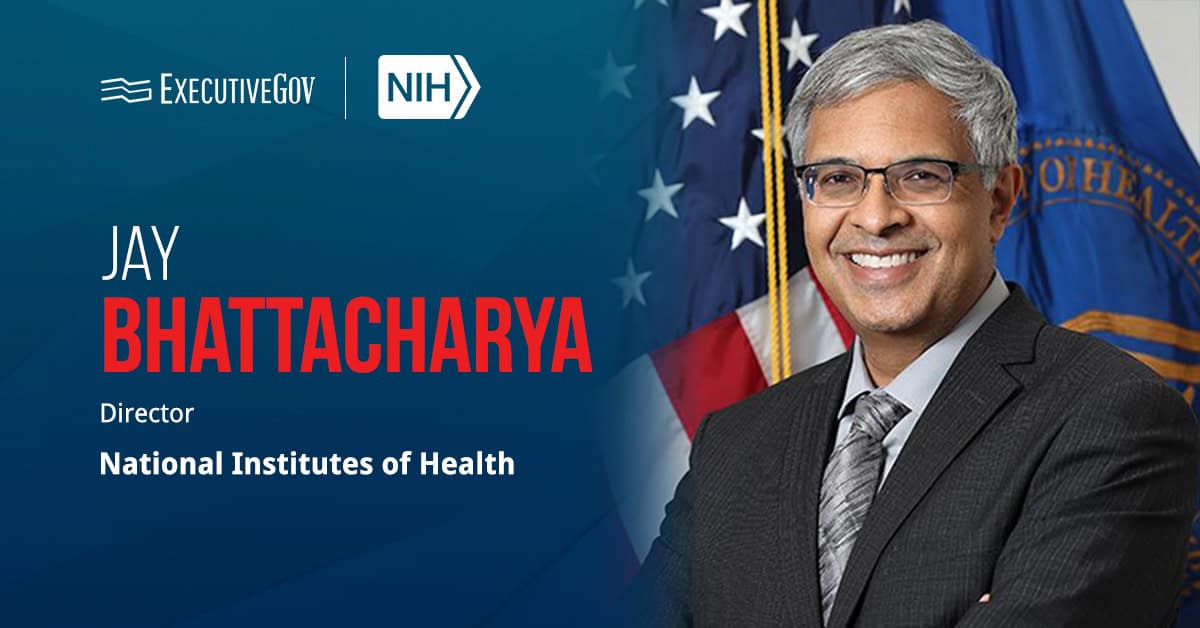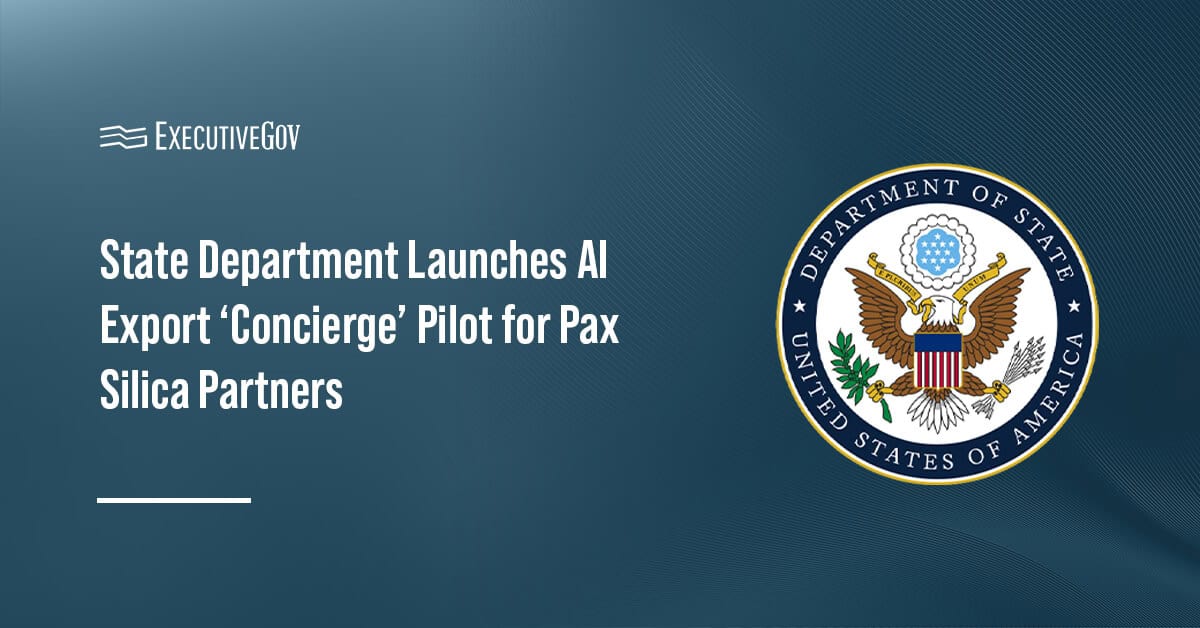Officials from the U.S. Army have revealed that more than half of the service’s email accounts already migrated to a new Microsoft Office 365 cloud environment ahead of schedule, FedScoop reported Tuesday.
Lt. Gen. John Morrison, Army deputy chief of staff for cyber, told media that the service expects to finish transferring 60 percent of its total accounts or more to the Army 365 system by the end of 2022.
However, Morrison conceded that the service could not complete moving all Army personnel away from the Defense Enterprise Email (DEE) system and into A365 by the March deadline. “The transition off of DEE has always been condition-based,” he explained.
Access to A365 provides Army soldiers, civilians and contractors with cloud-native email tools, storage and collaboration technology.





